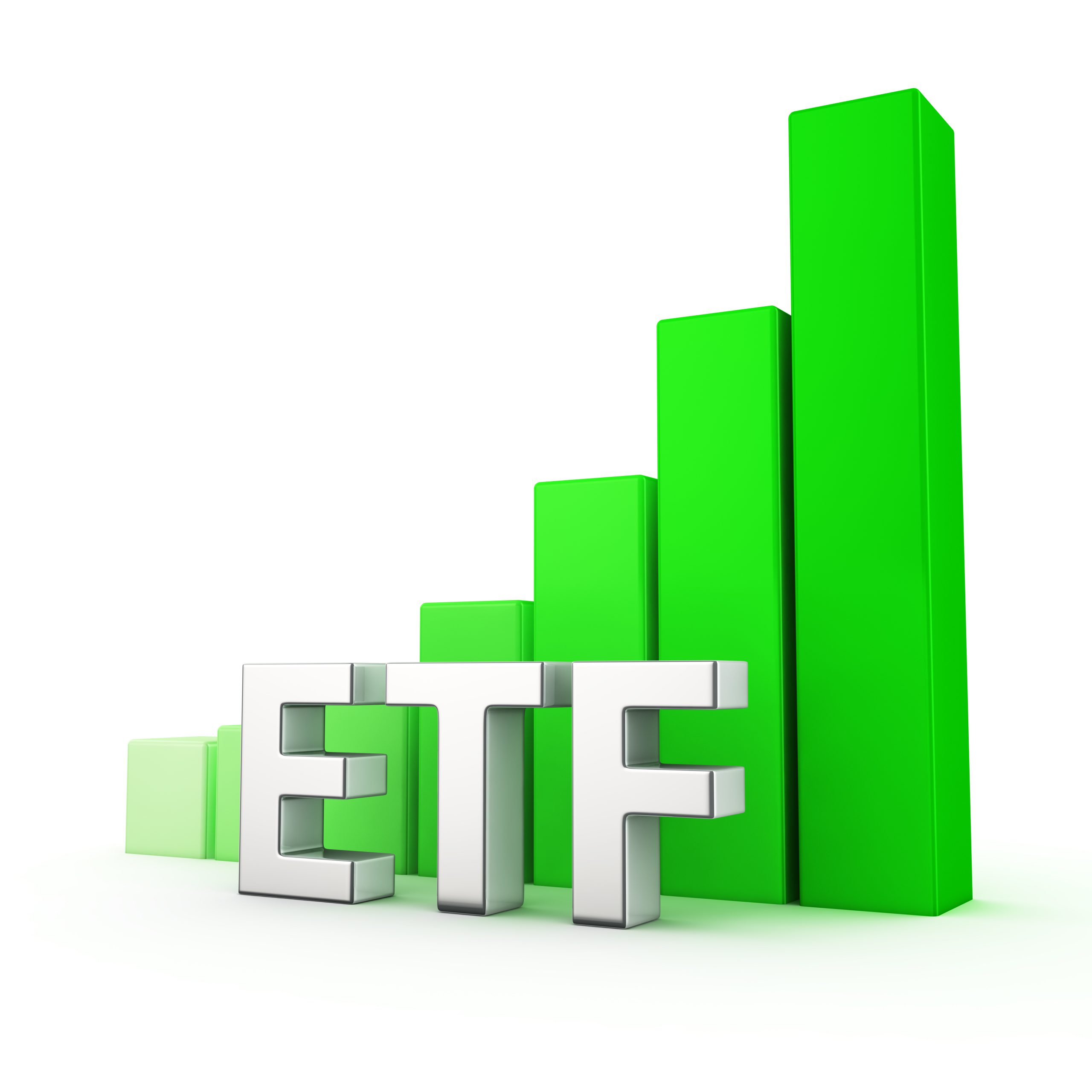
The new year brought hope that a long, painful period of high inflation was finally ending, but the U.S. economy might not be out of the woods just yet. The January Consumer Price Index (CPI) report came in somewhat higher than expected, indicating a potentially longer course in the Fed’s fight against rising prices.
The CPI increased 0.5% over the prior month in January and was 6.4% up year-over-year, while economists projected 0.4% and 6.2%, respectively. To this, Mike Loewengart, head of model portfolio construction at Morgan Stanley Global Investment Office, said, “It is a reminder that while inflation has peaked it could be a while before we see it moderate to normal levels.”
In addition to higher-than-expected inflation, the labor market’s surprising strength has led to speculations that the Fed might raise rates to as much as 6% by the end of the year. Continued interest rate hikes could dampen demand for goods and services and make debt expensive for companies, resulting in a significant slowdown in economic growth or giving way to a much-feared recession.
Given an uncertain macroeconomic backdrop, it seems wise to invest in quality ETFs, Vanguard Developed Markets Index Fund (VEA), iShares Russell 2000 ETF (IWM), and VanEck Semiconductor ETF (SMH), which are well-positioned to survive the potential shocks.
Vanguard Developed Markets Index Fund (VEA)
Launched and managed by The Vanguard Group, Inc., VEA invests in the global ex-U.S. public equity markets. It makes investments in both growth and value stocks of companies across diversified market capitalization. It uses the full replication technique to track the performance of the FTSE Developed All Cap ex U.S. Index.
With $109.12 billion in assets under management (AUM), VEA’s top holding is U.S. Dollar which has a 2.22% weighting in the fund. It is followed by Nestle S.A. (NSRGY) at 1.58% and ASML Holding NV (ASML) at 1.11% weighting. The fund has a total of 4030 holdings. It has a beta of 0.87.
VEA has an expense ratio of 0.05%, lower than the category average of 0.40%. Its net inflows came in at $4.57 billion over the past six months and $8.44 billion over the past year. The ETF’s NAV was $45.30 as of February 15, 2023.
VEA pays a $1.26 annual dividend yielding 2.41% at the prevailing price level. Its four-year average dividend yield is 2.94%. Over the past three months, the fund has gained 8.6% to close the last trading session at $45.41.
VEA’s POWR Ratings reflect this promising outlook. The ETF’s overall A rating equates to a Strong Buy in our proprietary rating system. The POWR Ratings are calculated by considering 118 different factors, with each factor weighted to an optimal degree.
VEA has an A grade for Trade and Buy & Hold. It has topped the A-rated 80-ETF European Equities ETFs group. Click here to see all of VEA’s POWR Ratings.
iShares Russell 2000 ETF (IWM)
IWM is an ETF launched by BlackRock, Inc. (BLK) and managed by BlackRock Fund Advisors. The fund invests in growth and value stocks of small-cap companies and seeks to track the performance of the Russell 2000 Index by utilizing the representative sampling technique.
IWM has $55.95 billion in AUM. It has 1932 holdings in total. The U.S. Dollar has a 0.32% weighting in the fund as its top holding, followed by Inspire Medical Systems, Inc. (INSP) and Crocs, Inc. (CROX) at 0.30% and Matador Resources Company (MTDR) at 0.29%.
The ETF’s net inflows were $258.09 million over the past six months. In addition, its 0.19% expense ratio compares favorably to the 0.54% category average. IWM’s NAV was $194.51 as of February 15, 2023. It has a beta of 1.22.
The ETF pays a $2.02 dividend annually, yielding 0.84% at the current price level. Its four-year average dividend yield stood at 1.20%, and its dividends have grown at a 7.4% CAGR over the past three years.
IWM gained 3.5% over the past three months to close the last trading session at $194.46.
It’s no surprise that IWM has an overall rating of B, equating to a Buy in our proprietary rating system. The ETF has an A grade for Trade and a B for Buy & Hold.
Within the A-rated Small Cap Blend ETFs group, it is ranked #50 out of 60 ETFs. Click here to access all the POWR Ratings for IWM.
VanEck Semiconductor ETF (SMH)
Launched and managed by Van Eck Associates Corporation, SMH invests in common stocks and depositary receipts of U.S.-listed semiconductor companies. By utilizing the full replication technique, the fund seeks to track the performance of the MVIS U.S. Listed Semiconductor 25 Index.
The fund has $7.66 billion in AUM. Its top holdings are Taiwan Semiconductor Manufacturing Co., Ltd. (TSM) with an 11.53% weighting, NVIDIA Corporation (NVDA) at 10.29%, and Advanced Micro Devices, Inc (AMD) at 5.13%. The fund has a total of 26 holdings.
SMH has an expense ratio of 0.35% compared to the 0.56% category average. Its fund net inflows were $187.88 million over the past six months. Moreover, its NAV stood at $252.98 as of February 15, 2023. It has a beta of 1.17.
The ETF pays a $1.50 annual dividend, which yields 0.50% at the prevailing price level. Its average four-year dividend yield stands at 2.06%. SMH’s dividends increased at an 11.5% CAGR over the past five years.
SMH has gained 15.9% over the past three months to close the last trading session at $253.00.
SMH’s POWR Ratings are consistent with its strong fundamentals. The ETF has an overall A rating, equating to Strong Buy in our proprietary rating system.
It also has an A grade for Trade and Peer. It is ranked #3 among 118 ETFs within the B-rated Technology Equities ETFs group. To access all of SMH’s POWR Ratings, click here.
What To Do Next?
Get your hands on this special report:
What gives these stocks the right stuff to become big winners, even in this brutal stock market?
First, because they are all low-priced companies with the most upside potential in today’s volatile markets.
But even more important is that they are all top Buy rated stocks according to our coveted POWR Ratings system, and they excel in key areas of growth, sentiment and momentum.
Click below now to see these 3 exciting stocks that could double or more in the year ahead.
VEA shares were trading at $45.25 per share on Thursday morning, down $0.16 (-0.35%). Year-to-date, VEA has gained 7.82%, versus a 7.53% rise in the benchmark S&P 500 index during the same period.
About the Author: Aanchal Sugandh

Aanchal's passion for financial markets drives her work as an investment analyst and journalist. She earned her bachelor's degree in finance and is pursuing the CFA program. She is proficient at assessing the long-term prospects of stocks with her fundamental analysis skills. Her goal is to help investors build portfolios with sustainable returns.
3 ETFs You'll Regret Not Buying Sooner StockNews.com





